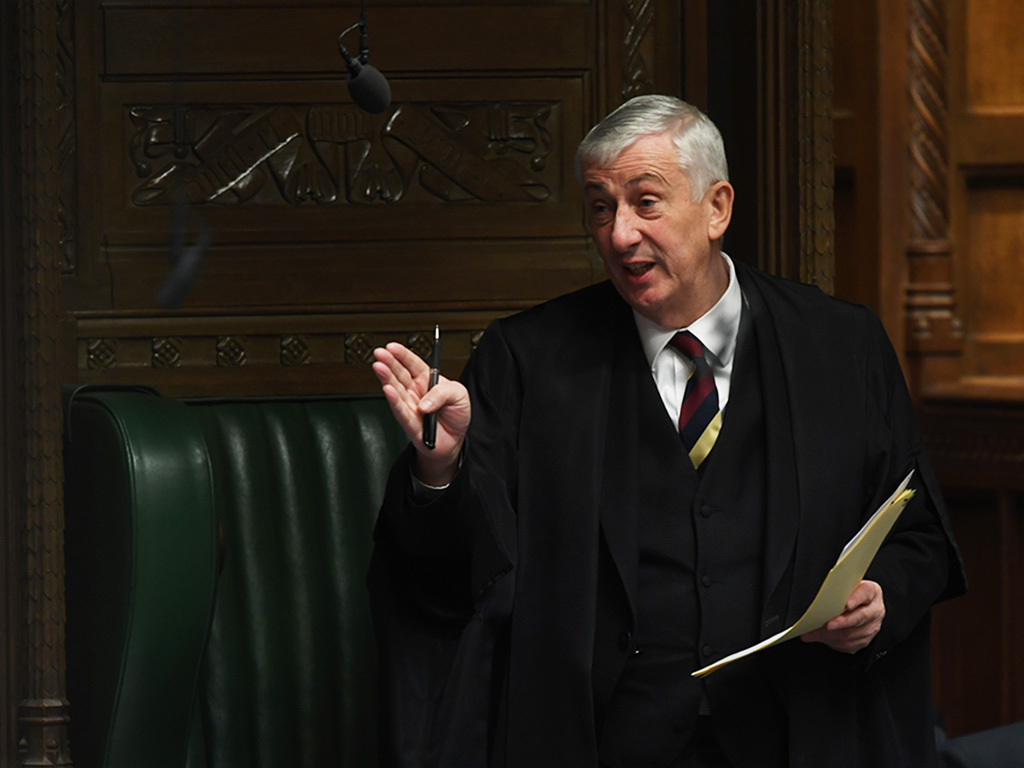
In an unexpected intervention, the Speaker of the House of Commons has criticised Labour’s plans to abolish the House of Lords. Lindsay Hoyle told LBC on Tuesday 20 December: “I don’t think we should have a second house that’s elected. I don’t want competition.”
He suggested that while Labour may wish to reform the House of Lords it should stop short of replacing it with an elected second chamber. “Who’s got supremacy?” Hoyle, who was a Labour MP before becoming Speaker, asked. “At the moment it’s very clear the House of Commons, the elected house, has supremacy. Once you have a second house that’s elected, then you’re into an arm wrestle about who has the power.”
Keir Starmer, the Labour leader, set out plans this month to abolish the House of Lords and replace it with an elected second chamber, called the Assembly of the Nations and Regions, potentially within five years of Labour forming a government.
Hoyle’s comments have raised eyebrows. It’s very unusual for the Speaker, who is supposed to be impartial, to supply personal opinion on party policy. The Speaker presides over debate and the functioning of the Commons and is expected to avoid taking political stances.
It could be argued that as the abolition of the House of Lords is a constitutional issue, it would make sense for the Speaker to have an informed view. As Hoyle is representative of the House of Commons as a whole, his expert opinion on the impact of any such reform would be welcomed, and may well be sought if Labour begins to implement its plans. Kit Malthouse, a Conservative MP and former minister, defended Hoyle’s comments. “His job surely is to defend the rights and supremacy of the House of Commons,” he said.
However, Hoyle’s comments set a tricky precedent. As this policy has been offered up by the opposition, and will form part of Labour’s next general election manifesto, it would be difficult to argue that this issue is not a party political one. Hoyle may well preside over proceedings in the Commons to introduce this policy in the future, and, with his personal views now public, it would be easy to argue that he could not do so impartially.
Hoyle may also have an eye on his own future. A life peerage is traditionally offered to Speakers of the House of Commons, as with other important public offices. If Labour’s plans came to fruition Hoyle would have to make other retirement plans.
[See also: Is Labour getting tired of Sadiq Khan?]




